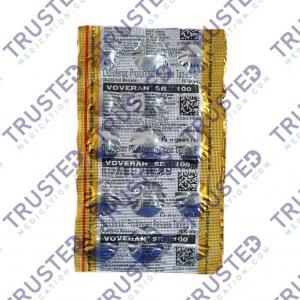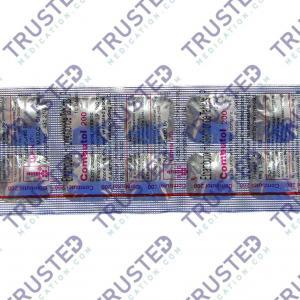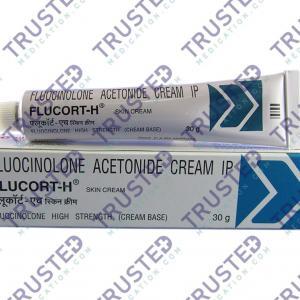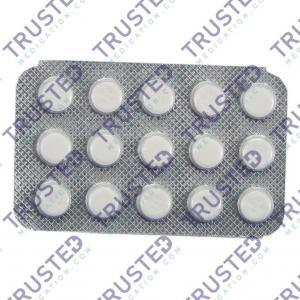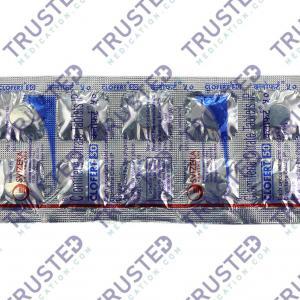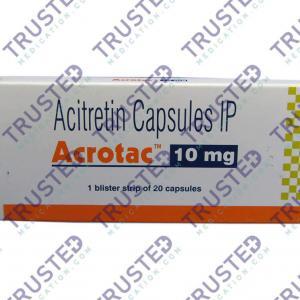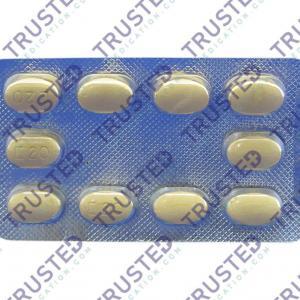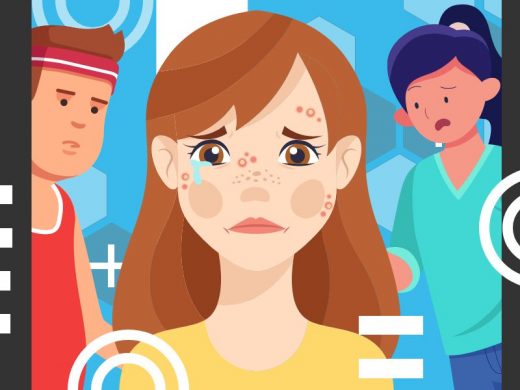
Acne is a typical skin condition of the skin. It is due to the excess production of sebum that stops the skin from drying. Where the clogging occurs, an acne lesion or zit can form. During puberty, hormonal Acne appears on the nose, chin, and forehead. Hormonal Acne in adults may start on the lower area of the face, which includes the jawline and lower cheeks.
What is the Role of Hormones in Acne Formation?
- Testosterone levels go up in the teenage years as part of puberty. It causes male development gives muscle and bone strength in girls.
- Hormones can also increase sebum production at the base of hairs because the glands that secrete the oil are sensitive to testosterone.
- Hormonal changes in women relating to pregnancy and menstrual cycle can also trigger Acne.
- Falling estrogen levels may increase the risk of Acne around menopause.
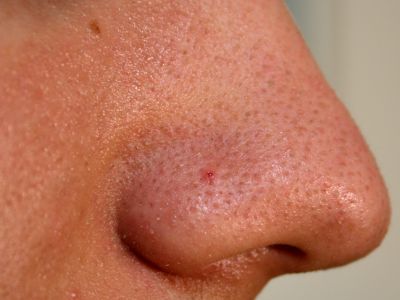
Symptoms of Hormonal Acne
Whiteheads and blackheads are not inflamed and do not cause pain. Inflammed whiteheads and blackheads become cysts.
- Acne may also appear as:
- Papules or small raised bumps from infection of hair follicles.
- Pustules or the red pus-filled pimples.
- Nodules or painful Acne are similar to Pustules, but nodules are Bigger in shape.
- Cysts or the large lumps under the skin contain pus and, it is tender.
The Causes of Hormonal Acne (Excess Androgen Related Acne)
- Menstruation
- Puberty
- Menopause
- Polycystic ovarian syndrome
- Increased levels of androgens
Acne occurs in around 50 percent of women and, it affects your skin health. Hormonal Acne can occur in:
- Face
- Back
- Shoulders
- Neck
- Chest
Acne is more likely to appear on the forehead and other oily skin pores.
Diagnosis of Hormonal Acne
A GP can diagnose Acne by assessing your facial skin, chest, back, and other spots for Acne. How severe your Acne is will determine where you should go for treatment and what treatment you should have. Follow the recommendations from your doctor or dermatologists and avoid eating foods that can trigger acne breakouts.
Treatment for Hormonal Acne (Excess Androgen Related Acne)
Acne treatment includes Hydroquinone gel, creams, and other topical solutions. Dermatologists also permit antibiotics and more ways of treatment. Tretinoin gel can also help treat severe Acne or hormonal-related Acne.
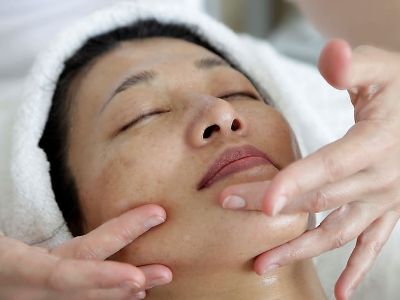
How to Prevent or Manage Hormonal Acne (Excess Androgen Related Acne)?
- Wash your face gently with antibacterial and mild soap.
- Avoid exfoliating products or harsh scrubs.
- Avoid rubbing or picking your pimples as it worsens the inflammation.
- Avoid processed foods or choices containing GMOs and hormones.

